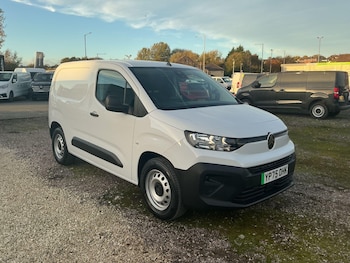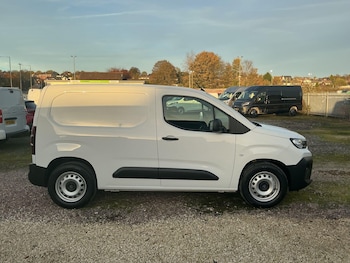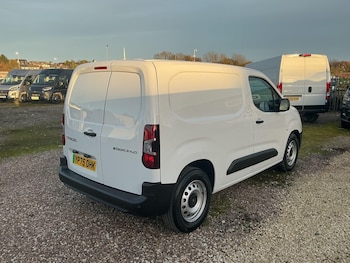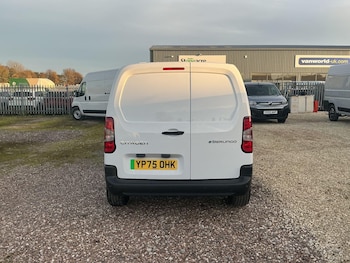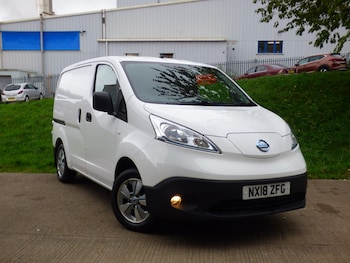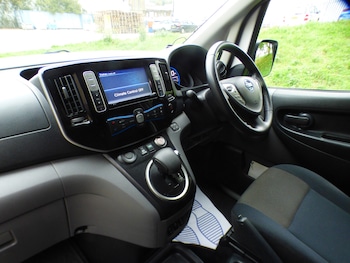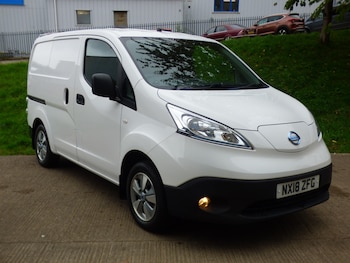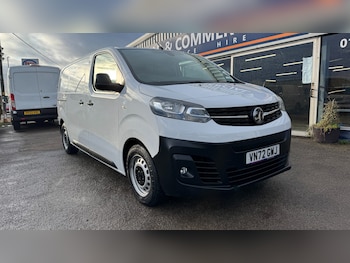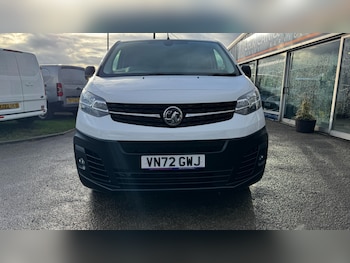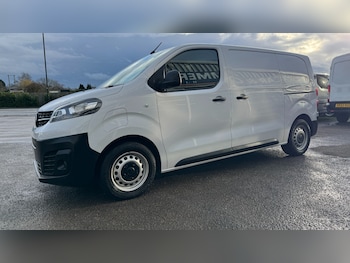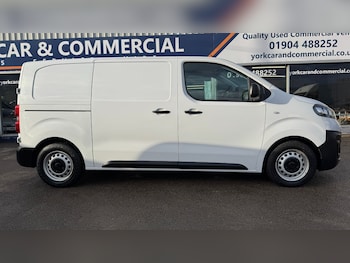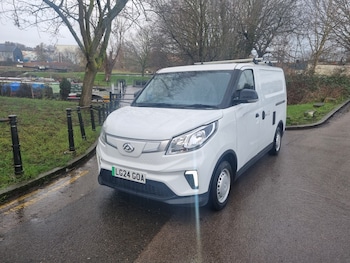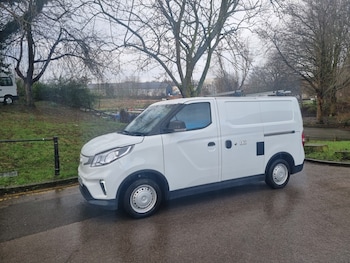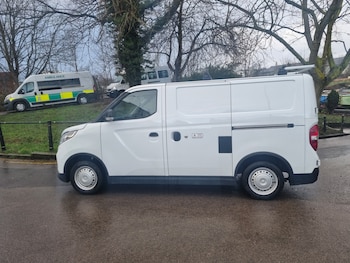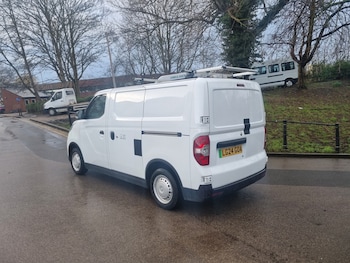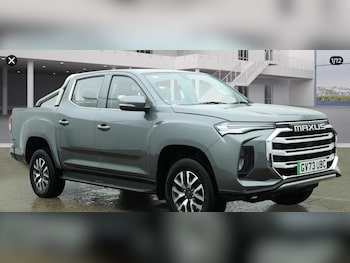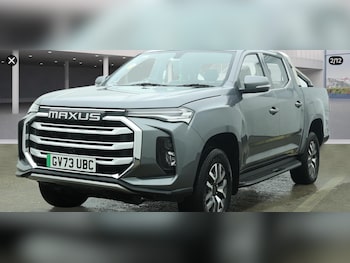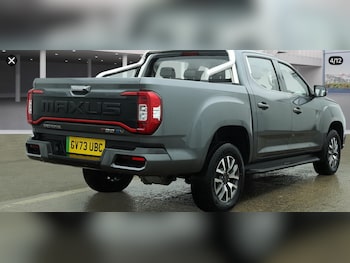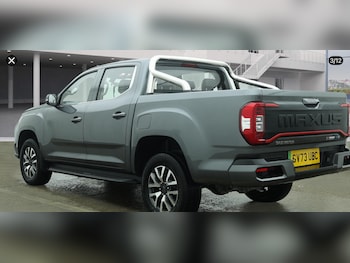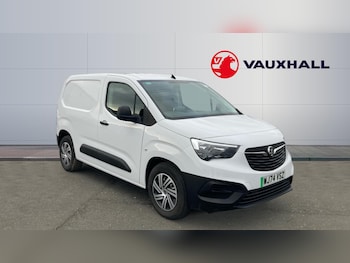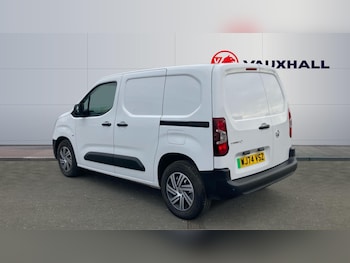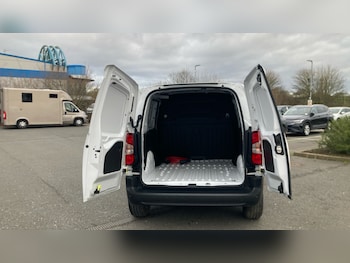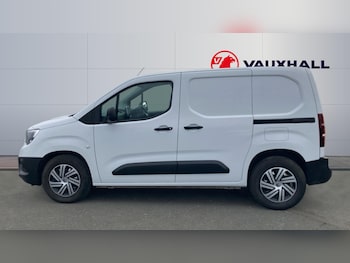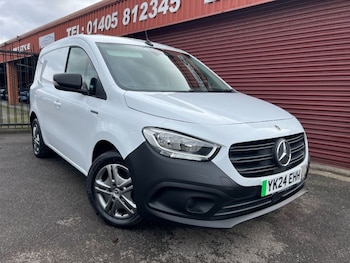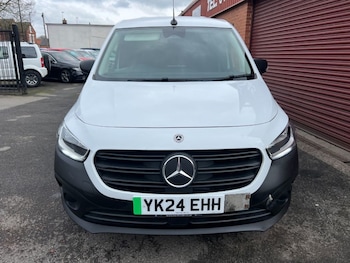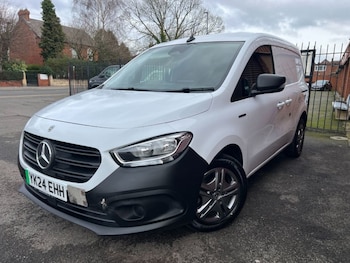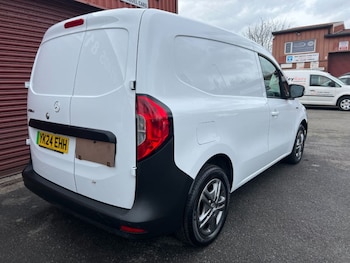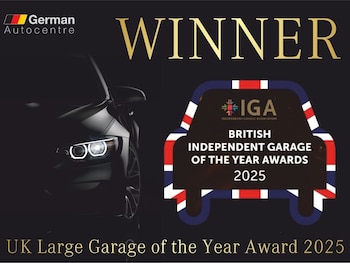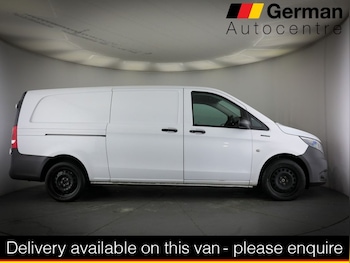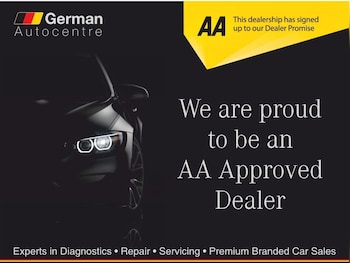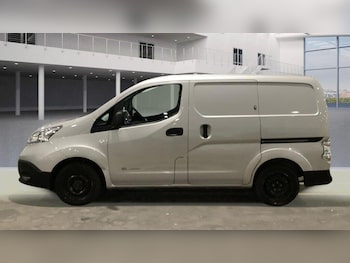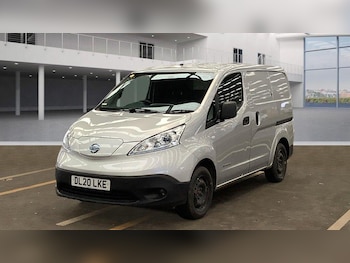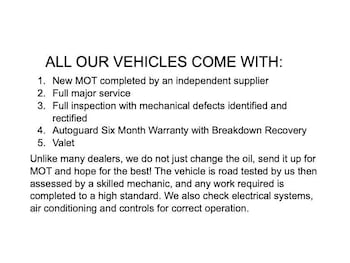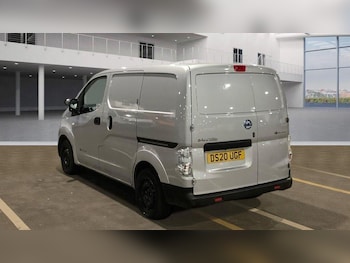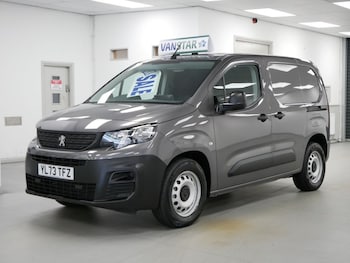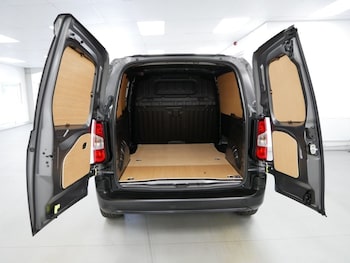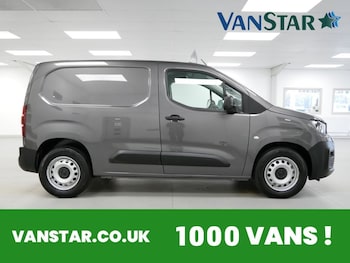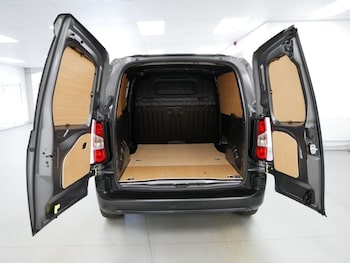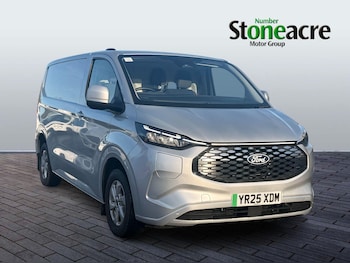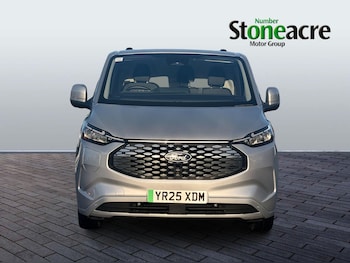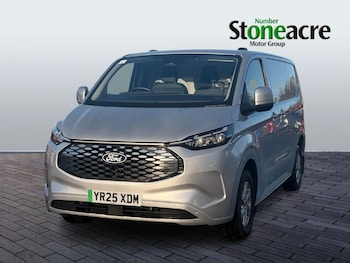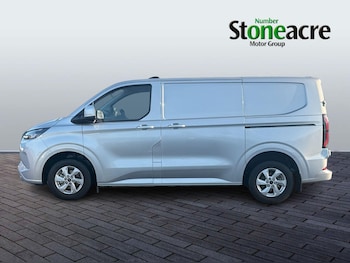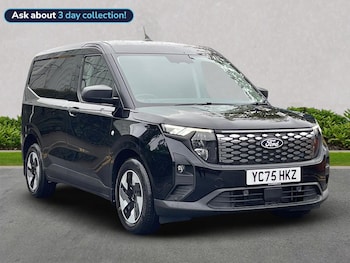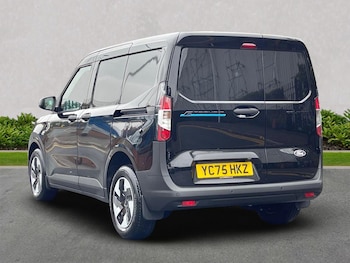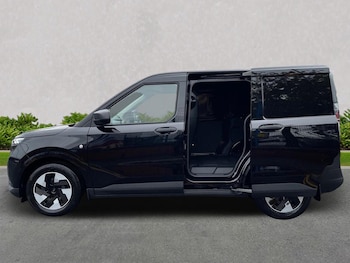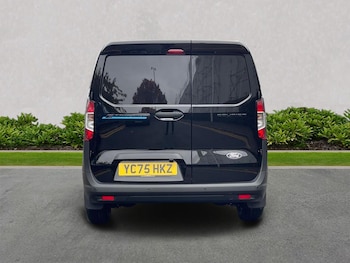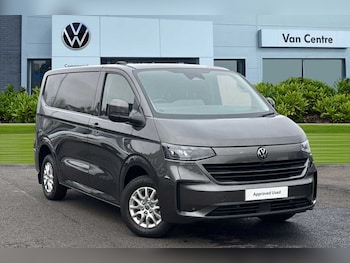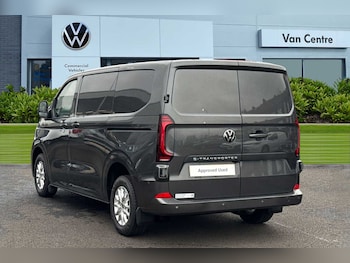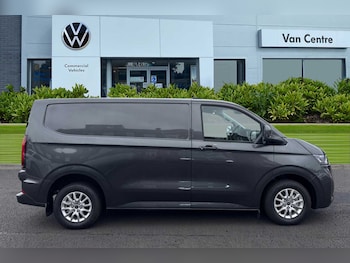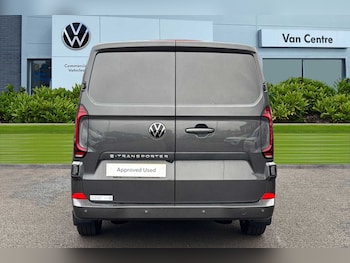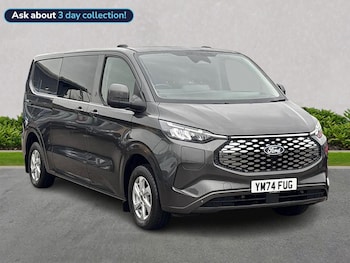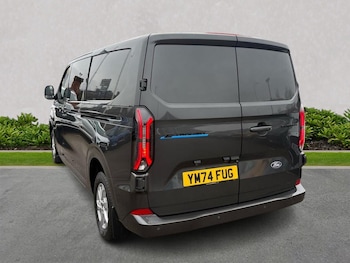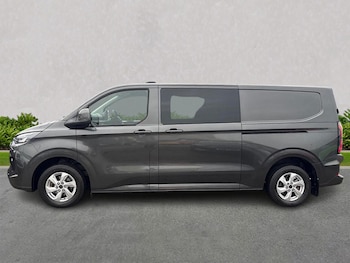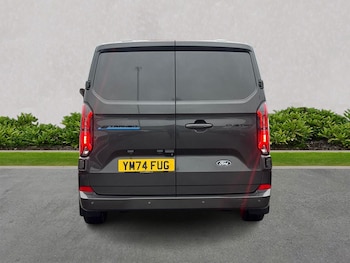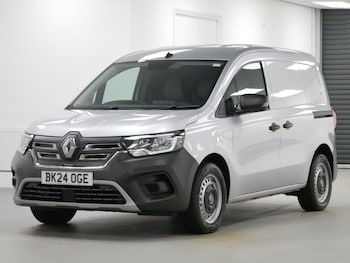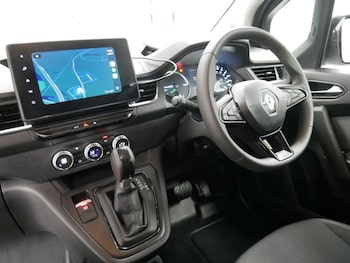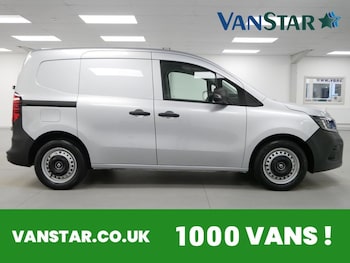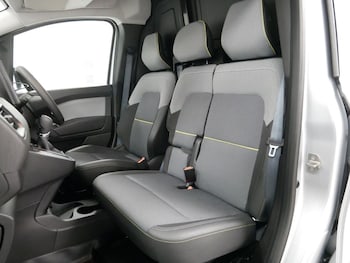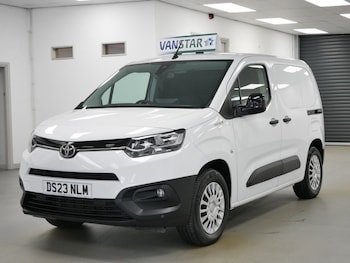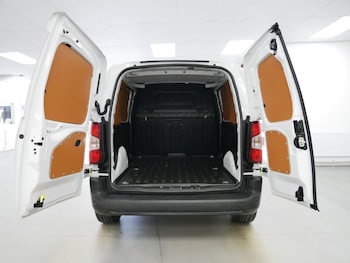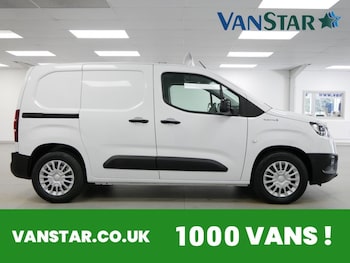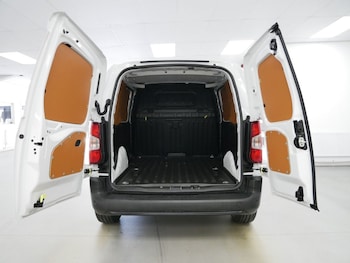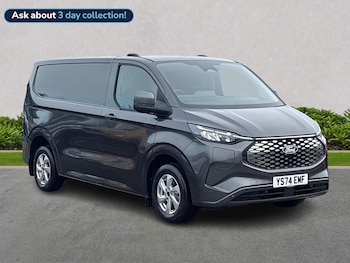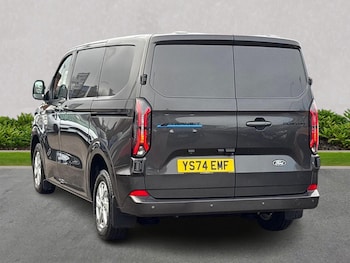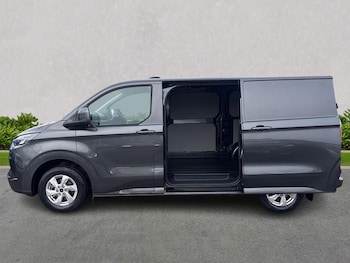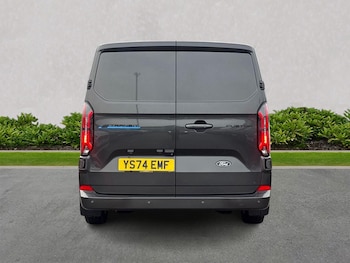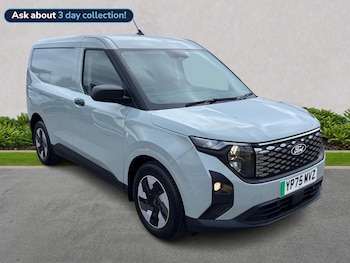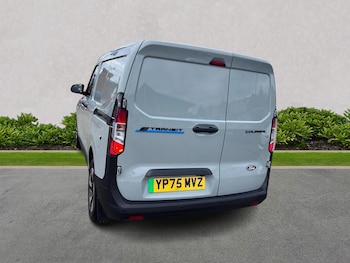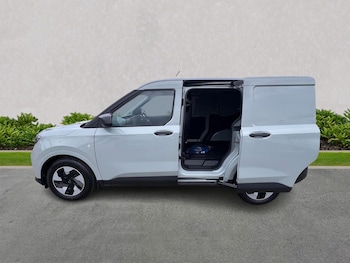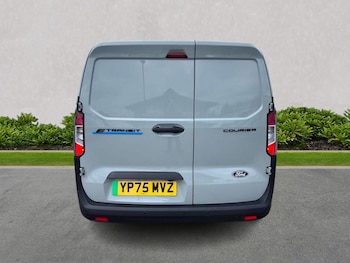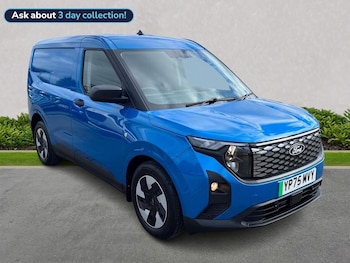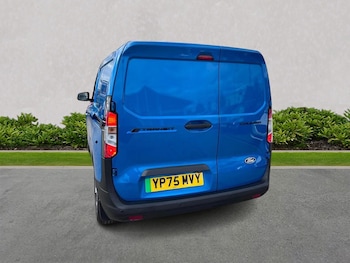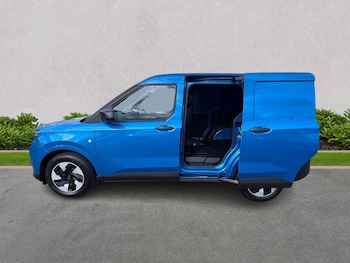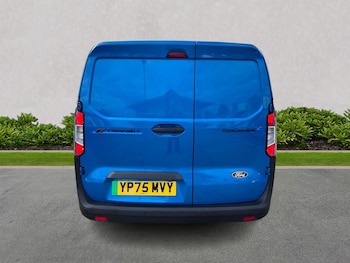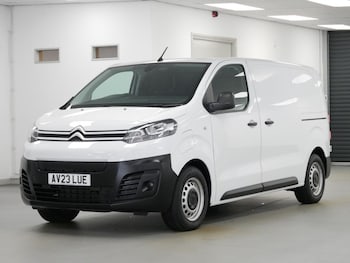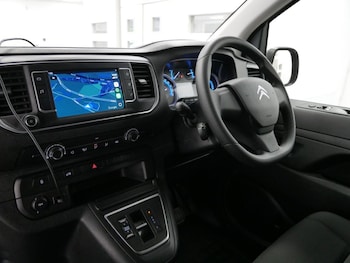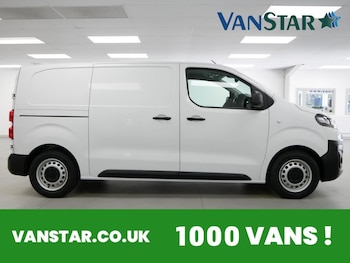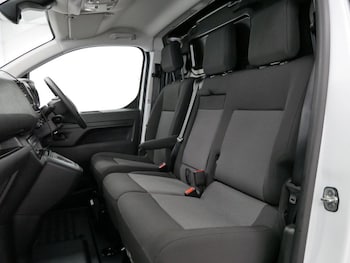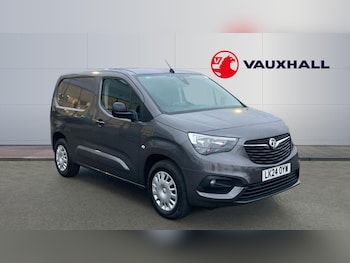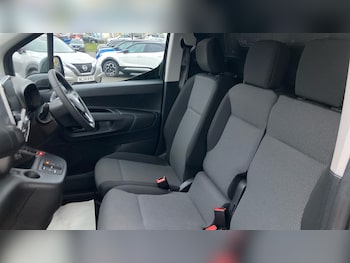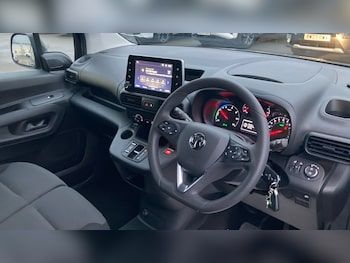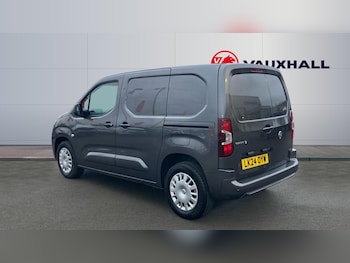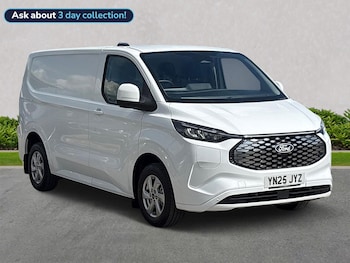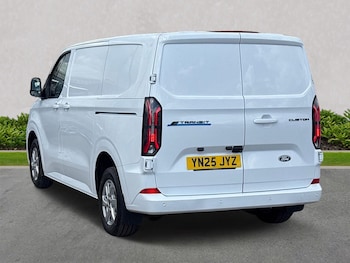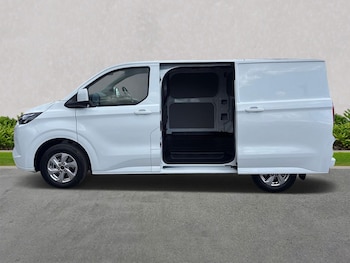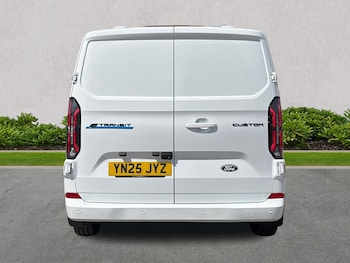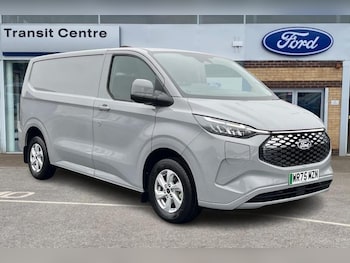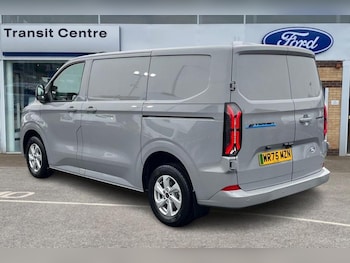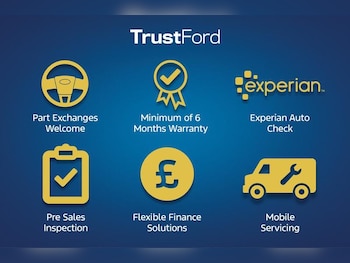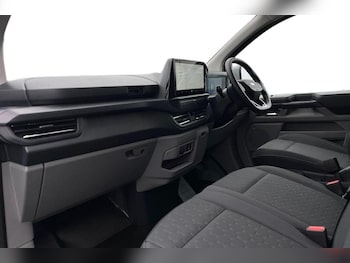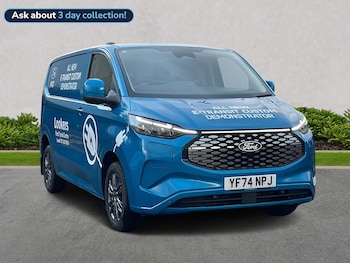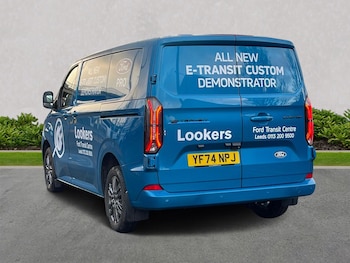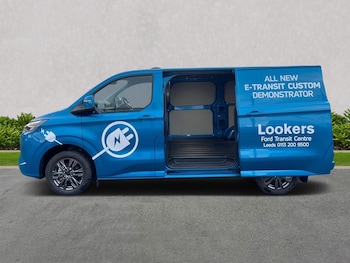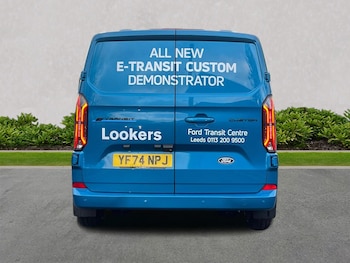Used electric vans for sale
Are you thinking about making the switch to an electric van? It’s a great idea. More and more businesses are swapping their diesel vans for electric ones, and it’s easy to see why. Not only are they better for the planet, but they can also save you a lot of money on running costs.
With so many options out there, from brand new models to reliable used ones, figuring out where to start can feel a bit overwhelming. This guide is here to help. We'll walk you through everything you need to know about buying an electric van, from understanding the key features to picking the best model for your needs.
Introduction to Electric Vans
The market for electric vans is booming. As cities introduce more low-emission zones, businesses are looking for cleaner, more cost-effective ways to get around. An electric van is the perfect solution, offering a quiet, smooth ride without the exhaust fumes.
For businesses, the benefits are huge. You can say goodbye to fuel costs and road tax, and hello to lower maintenance bills. Plus, driving an electric vehicle shows your customers that you care about the environment, which is always a good look. Whether you’re a small local business or a larger company, there's an electric van out there for you.
Key Specifications to Consider
When you start shopping for an electric van, a few key features will help you decide which one is right for you. It’s not just about how it looks; it’s about what it can do for your business.
Driving range and battery efficiency
One of the first questions people ask about electric vehicles is, "How far can it go on one charge?". The driving range is a big deal, especially if you spend your days on the road. Newer models can travel impressive distances, often more than enough for a full day's work in the city. Consider your typical daily mileage to ensure the van’s range meets your needs without causing any "range anxiety".
Payload capacity and vehicle size
How much can it carry? That’s the payload capacity, and it’s crucial. You need to make sure your van can handle all your tools, goods, or equipment. Electric vans come in all shapes and sizes, from a compact small electric van perfect for tight city streets to larger models with massive cargo space. Think about what you carry daily and choose a size that fits.
Charging options and time
Charging your van should be simple. Most charging is done overnight at home or at the depot using a wall box charger. For top-ups during the day, public charging stations are becoming more common across the UK. Charging times vary depending on the battery size and the charger's power, but a rapid charger can often get you back to 80% battery in under an hour.
Top Recommendations for Electric Vans
The choice of electric vans for sale is growing all the time. Brands like Ford, Mercedes-Benz, and Vauxhall are all in on the action, offering fantastic models packed with features.
Some of the best models on the market combine a long range with a practical payload and a comfortable cabin. Look for features like fast charging, advanced driver-assistance systems, and smart connectivity that can make your working day easier. Prices can vary, but remember to factor in the long-term savings on fuel and maintenance. Exploring used electric vans for sale can be a great way to get a high-spec model for less.
Exploring Leasing and Deal Options
Buying a van outright isn't the only option. Leasing can be a smart move, especially for businesses. It often means lower monthly payments and you can upgrade to a newer model every few years, keeping you up-to-date with the latest tech.
When you look into finance options, you might find deals that include maintenance packages, which can help you budget more effectively. It’s worth comparing the costs of buying versus leasing to see what makes the most financial sense for your business in the long run.
